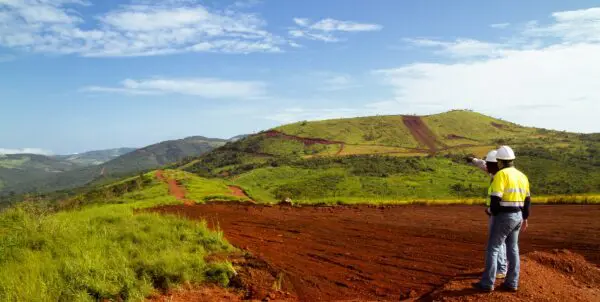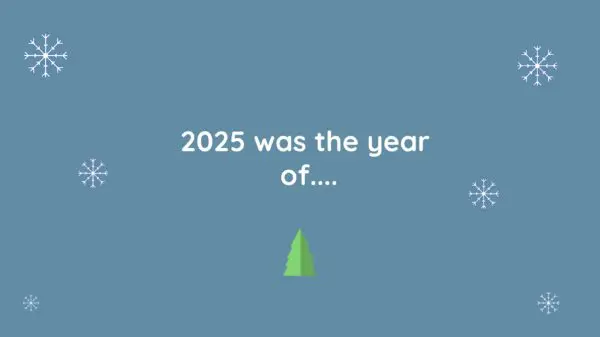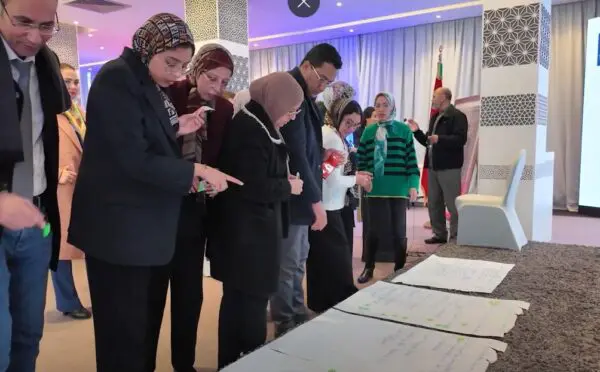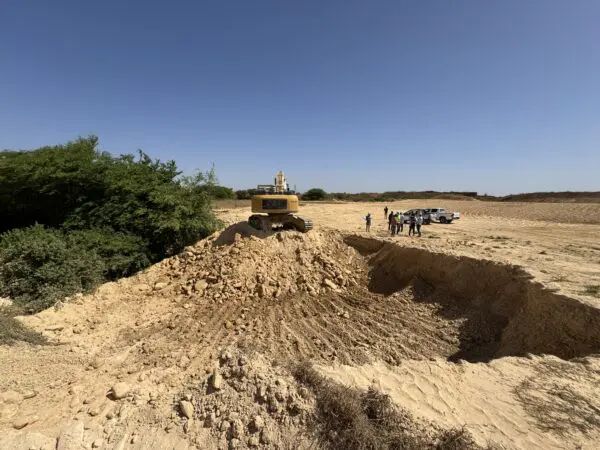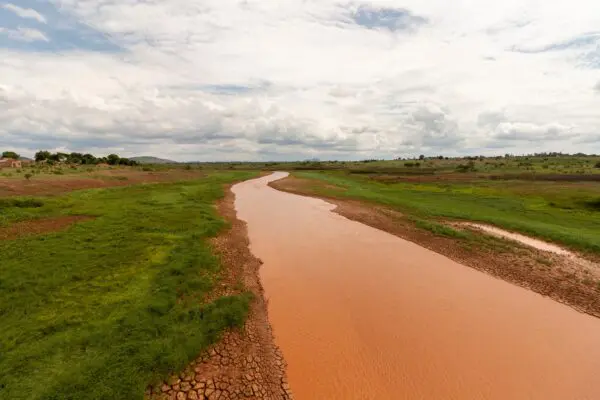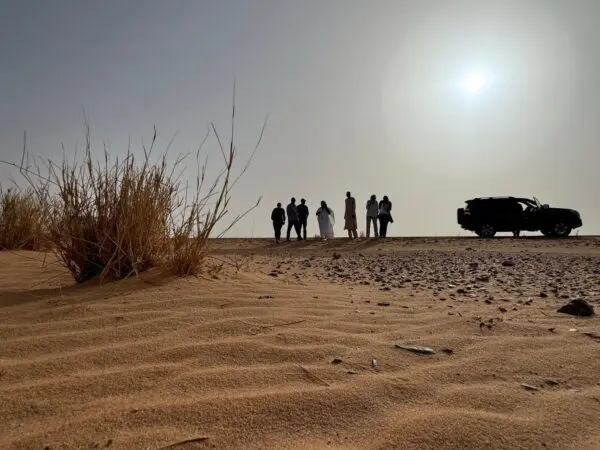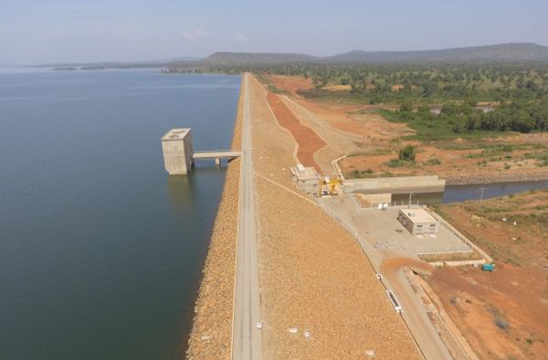Balanced and well-informed decisions, allowing nature, people, and economies to thrive, now and in the future.
Since 1993, the Netherlands Commission for Environmental Assessment advises and supports governments, organisations, and institutes around the world to consider potential future impact on nature and people in major decision making. And to allow access to information and meaningful participation of stakeholders in each phase of the process. Read more.

